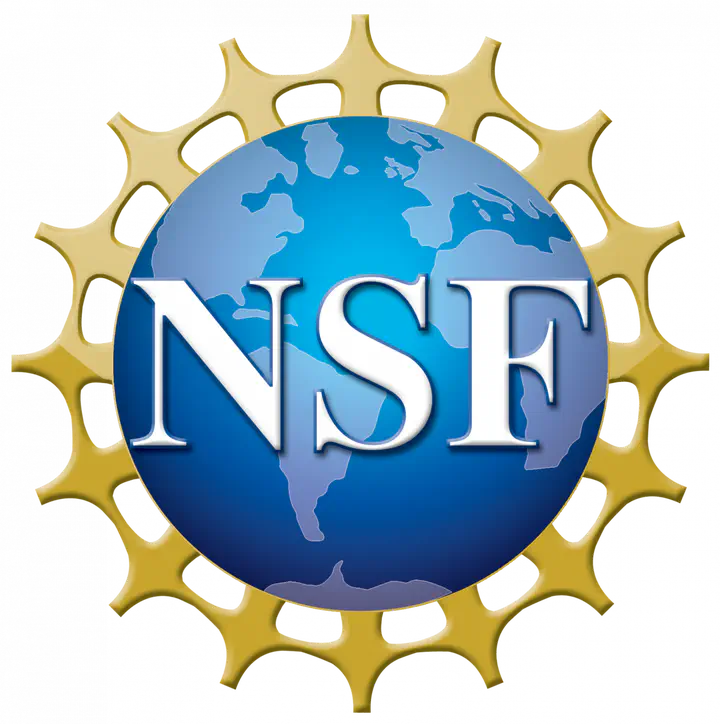CSR: Small: Collaborative Research: Flexible Resource Management and Coordination Schemes for Lightweight, Rapidly Deployable OS/Rs

CNS Award CNS-1718252; $249,771 (Collaborative total: $499,735); August 2017 through July 2020. This project is a collaborative effort with Jack Lange at the University of Pittsburgh.
Current cloud systems leverage either heavy-weight virtualization (running applications inside full-fledged virtual machines (VMs) with their own operating systems) or containers (light-weight software environments that share a single underlying operating system). This collaborative project aims to increase the efficiency of cloud systems by enabling the rapid deployment of specialized operating system and runtime (SOS/R) environments optimized for particular applications or runtime systems. This will allow users of applications with special performance requirements to enjoy the convenience of cloud infrastructure without sacrificing performance or design constraints imposed by general-purpose operating systems.
The project will advance the state of the art in cloud system software by: (a) enabling the development of a general specialized hosting framework allowing the deployment of arbitrary system software stacks as both VMs and native co-kernel instances; (b) a set of interfaces and mechanisms to allow SOS/R environments to react to highly dynamic and variable hardware resource availability; (c) novel approaches that leverage hardware virtualization features to host SOS/Rs; and (d) a thorough evaluation of all of these approaches using realistic cloud workloads at scale.
This work will enable users of cloud systems to efficiently deploy diverse and specialized system architectures. This will not only enhance the capabilities of existing cloud and data center platforms, but will also enable the deployment of new types of operating systems and runtimes. Prototype systems produced in this effort will be made available to the general public as open-source software, and will also be leveraged as teaching and platforms for courses in operating systems, virtualization, runtime environments, and general cloud computing.
Data, code, and results generated from the project will be made freely available indefinitely on the team’s webpages. All software packages will be accompanied by instructions for building and running them using freely available open-source tools. Data and results will be made available in compressed archive formats. Links to specific repositories (such as git repositories for code) will be made public either at http://hexsa.halek.co or http://prognosticlab.org.